- Webinar No: WBNR 1172
- PDH Units: 2
No data found for Custom Course Number
No data found for Custom Course Units
Intended Audience: All Engineers
Credits: 2 PDH Units
When: Wednesday 12/10. 2 - 4 pm ET
The 58-story Millennium Tower in San Francisco started sinking and tilting before its construction was completed in 2009. The sinking and tilting continued at a rate of about one inch a year of sinking and three inches a year of tilting in terms of horizontal movement of the roof. The tower has sunk more than 18 inches and tilted about 29 inches. The engineering cause of the sinking and tilting is due to the use of 60-90 feet long friction piles under the mat foundation instead of end-bearing piles supported on the bedrock, which is about 200 feet below the surface. The sinking and tilting have already dished the 10-foot thick mat foundation and cracked seriously the R/C bearing/shear walls, and caused non-structural damage as well. Dr Astaneh will also discuss the recently completed retrofit, which engineers claimed to be successful, while the retrofit did not provide any measure of seismic safety for the building. In fact, the retrofit appears to have increased the likelihood of poor seismic performance of already seriously damaged structure.
With so much advancement in Structural and Geotechnical engineering and foundation design, and many layers of double-checking, peer review, and permit process, the question is how can such a major failure occur?
In this webinar, Dr, Astaneh, after presenting engineering causes, will show that the root cause of this failure was violations of several canons of the Code of Ethics for Engineers by a few engineers involved with the design and the peer review as well as the deputy director of the City’s Department of Building Inspection.
Dr. Astaneh, then will pose the question “what are the reasons for people, including engineers, behaving unethically?” Not being a psychologist or ethicist, and far from being involved in studying human behavior and morality, he will use reliable data and research results from the experts in these fields and discuss the most important reasons why people behave unethically. According to the experts, the main cause is falling into a variety of “psychological traps.” The most important psychological traps will be discussed, believing that knowing these traps, we, engineer or not, can avoid them and behave ethically.
The main conclusion of this webinar, supported by the evidence presented during the webinar, is that if the engineers involved in this project all had followed the Code of Ethics for Engineers, the Millennium Tower would not have this structural safety problem and unknown seismic safety level during the future major earthquakes.
References and Recommended Further Readings:- Code of Ethics of National Society of Professional Engineers (NSPE) (PDF)
- NSPE Ethics Reference Guide (PDF)
- Ethics, Technology, and Engineering, a 2011 book by Ibo van de Poel and Lambèr Royakkers, Wily-Blackwell. (Amazon page)
- Concepts and Cases-Engineering Ethics, a 2019 book by Charles E. Harris et al., published by Cengage. (Amazon page)
- The Ethical Executive, a 2010 book by Robert Hoyk and Paul Hersey, Stanford Business Books. (Amazon page)
- Millennium Tower (San Francisco), Wikipedia, The Free Encyclopedia, (click here)
- Millennium Tower Coverage, a series of investigative reporting by Jaxon Van Derbeken of the NBC Bay Area (Click hereand search for Millennium Tower).
Date: Wednesday. December 10. 2025. Starts: 2 - 4 pm EST
Credits: 2 PDH Units
Learning Objectives:
At the successful conclusion of this webinar, you will learn the following knowledge and skills:- The engineering cause of the Millennium Tower’s sinking and tilting was foundation failure.
- The root cause of the sinking and tilting was the violations of the Code of Ethics for Engineers.
- Why “holding safety, health and well-being” of the public is so critical in preventing disasters.
- Why “avoiding conflict of interest” is an essential part of “holding safety paramount.”
- How by following the first canon of the Code of Ethics for Engineers, “holding safety paramount”, during the design, peer review, and permit process, engineers could prevent the sinking and tilting of the Millennium tower.
- Main reasons why professionals behave unethically.
- Ways to avoid the “psychological traps” that lead to unethical behavior.
Special Webinar Instructions
After payment, please visit this webinar page, click "Start Course" and fill out the Webinar Registration Form. You'll receive email notification and details on how to join the webinar. You will then be able to access the webinar slides, test your system and receive webinar reminders. After completing the webinar requirements, your certificate of completion will be saved and available for download in your profile.We value your feedback! Please rate this webinar after completion.
Group Discounts Available
Biography
Abolhassan Astaneh-Asl, Ph.D., P.E.Dr. Abolhassan Astaneh-Asl is a professor emeritus of civil and environmental engineering (structures) at the University of California, Berkeley, and a 2013 Minner Faculty Fellow in Engineering Ethics and Social/Professional Responsibility in the College of Engineering. He is the winner of the 1998 T.R. Higgins Lectureship Award of the American Institute of Steel Construction, the most prestigious award in his field. He is a licensed civil engineering Professional Engineer (P.E.) in California. Dr. Astaneh is currently a structural engineering and bridge engineering consultant. He has been an expert witness in several court cases on structural and bridge engineering and construction failures. He continues his research and publication and gives lectures and seminars in structural engineering, earthquake engineering, bridge engineering, and engineering ethics. He has published more than 300 journal papers, conference proceedings papers, technical reports, and book chapters and has had hundreds of press interviews on technical aspects of subjects in his areas of expertise. He has been involved directly in design and construction, and has done extensive research and studies of buildings and bridges for 54 years, including buildings of up to 73 stories, and was responsible for the turnkey design and construction of a 17-story reinforced concrete building in a highly seismic area. He has also done extensive bridge engineering work including long-span bridges such as the Golden Gate Bridge and the Bay Bridge. Dr. Astaneh has performed the failure analysis of several collapsed structures, including the World Trade Center Towers, a steel structure, and the Florida Pedestrian Bridge, a post-tensioned concrete structure. Both cases involved engineers not abiding by the first canon of engineering ethics which is “engineers should hold safety paramount.”
Course Reviews
4.6
- 5 stars17
- 4 stars9
- 3 stars0
- 2 stars1
- 1 stars0
Once completed, your order and certificate of completion will be available in your profile when you’re logged in to the site.


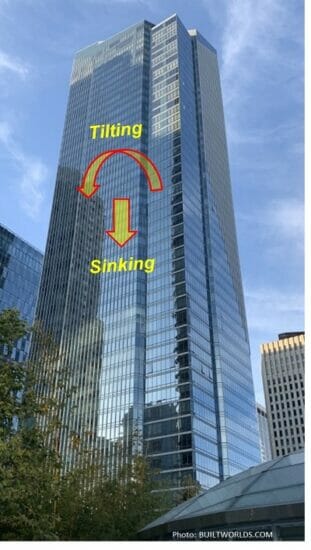

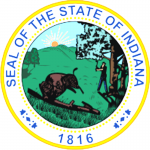

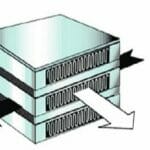
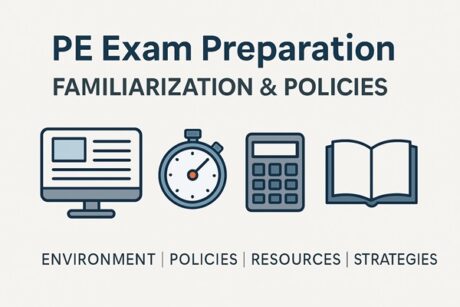
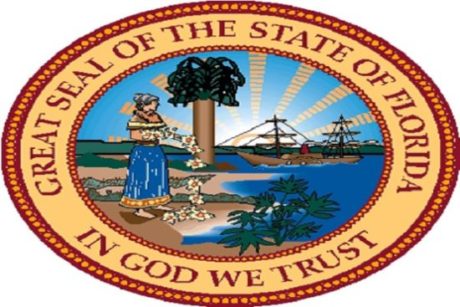
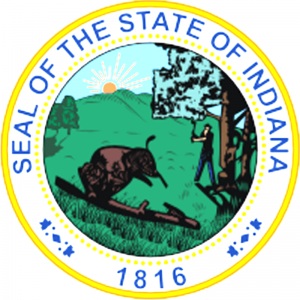

Very interesting topic and very knowledgeable lecturer.
Very interesting presentation !
I am a retired structural engineer and my design approach always was ” do the design so it doesn’t come back to haunt you” !!!!
Excellent presentation. Very well organized into a coherent explanation of the failures and how they were the result of ethics failures
Great course!
Excellent presentation. Thank you.
Excellent combination of geotechnical and ethical issues.
A well presented review of a project that fell of the tracks in multiple ways.
This was an excellent course with good insight and full disclosure of who did what.
Good, but too redundant
Decent overview.
Very interesting and well presented ethics example
Interesting and informative. Thought-provoking.
Very easy to follow and understand.
Well done. In depth review,
I enjoyed this course. The material was well-researched, and a strong argument was presented that ethical behavior would likely have prevented the foundation problems with the tower. The course ran a bit long, and some of the material could be condensed in order to prevent that in future webinars.
My overall thinking is that the course highlighted engineering ethics in practice. That’s a better way to teach ethics than dryly reading and discussing the codes.
Thanks!